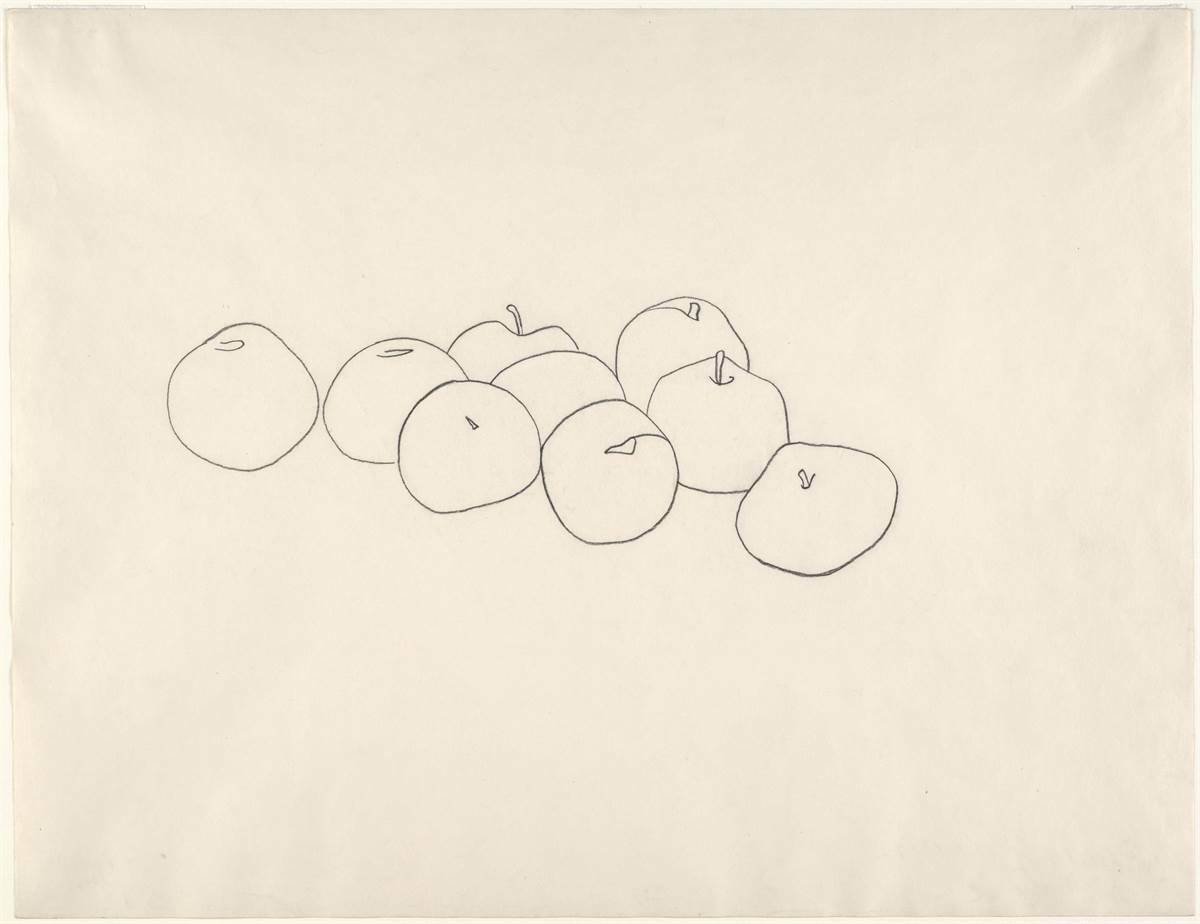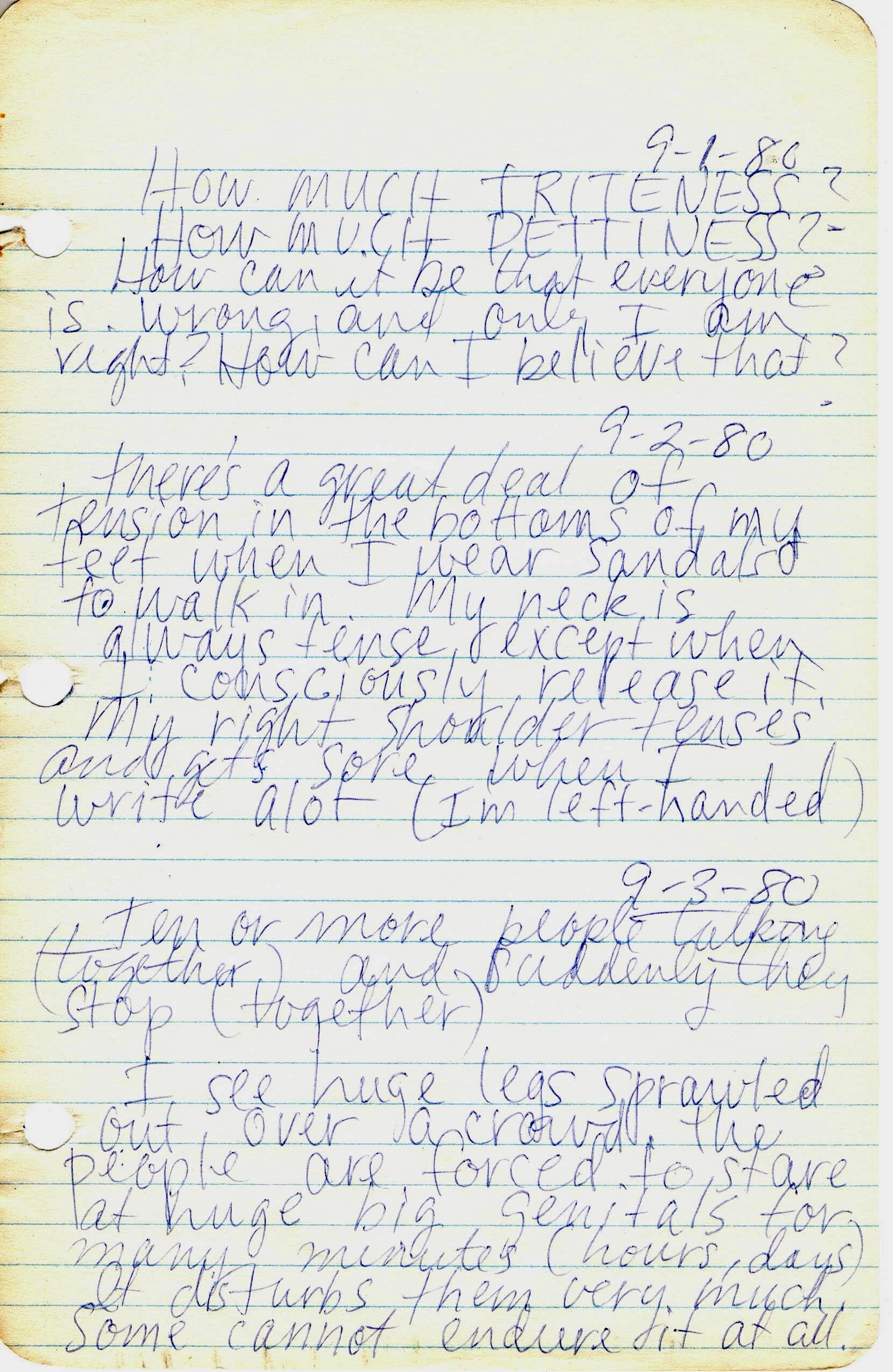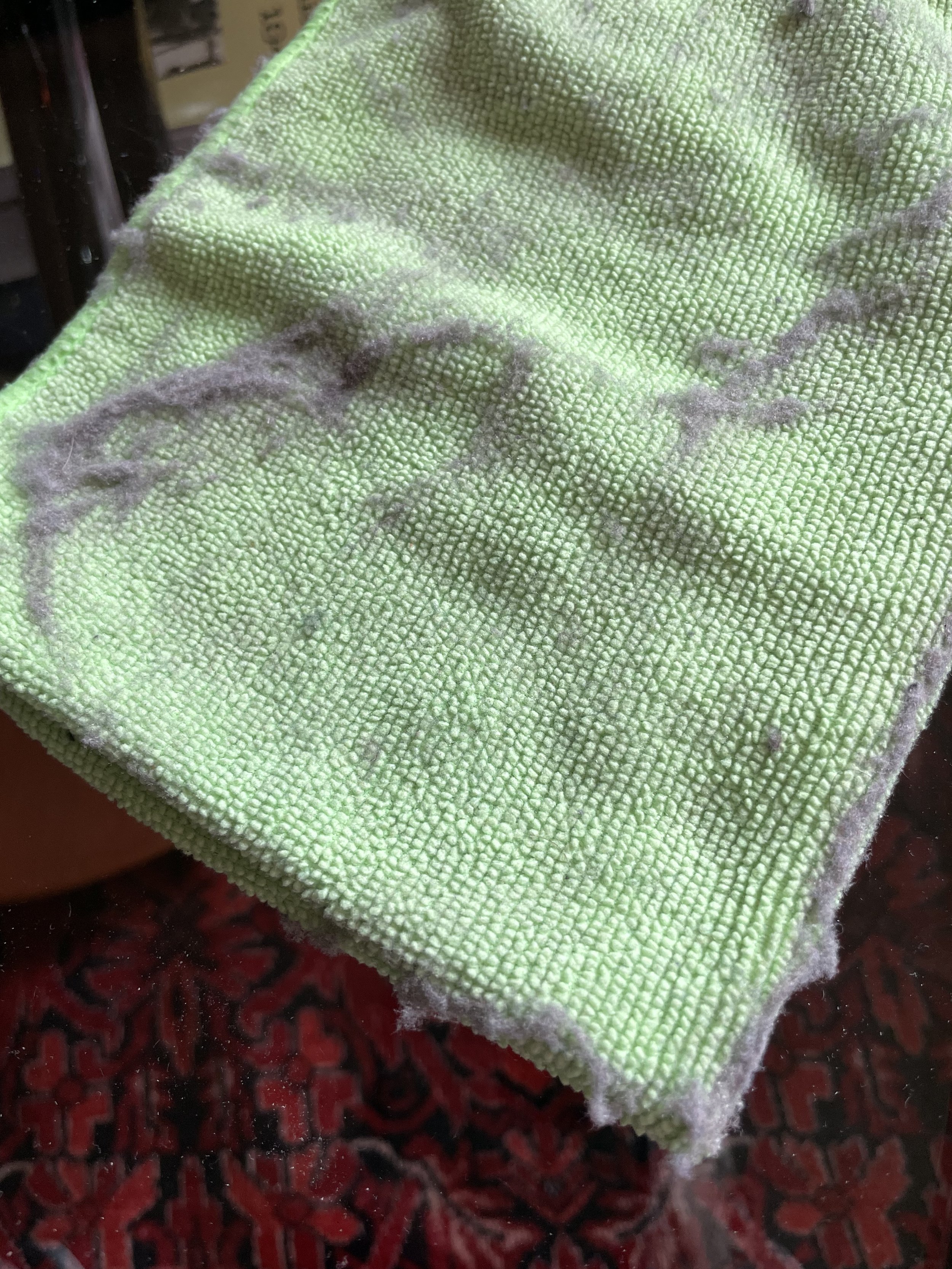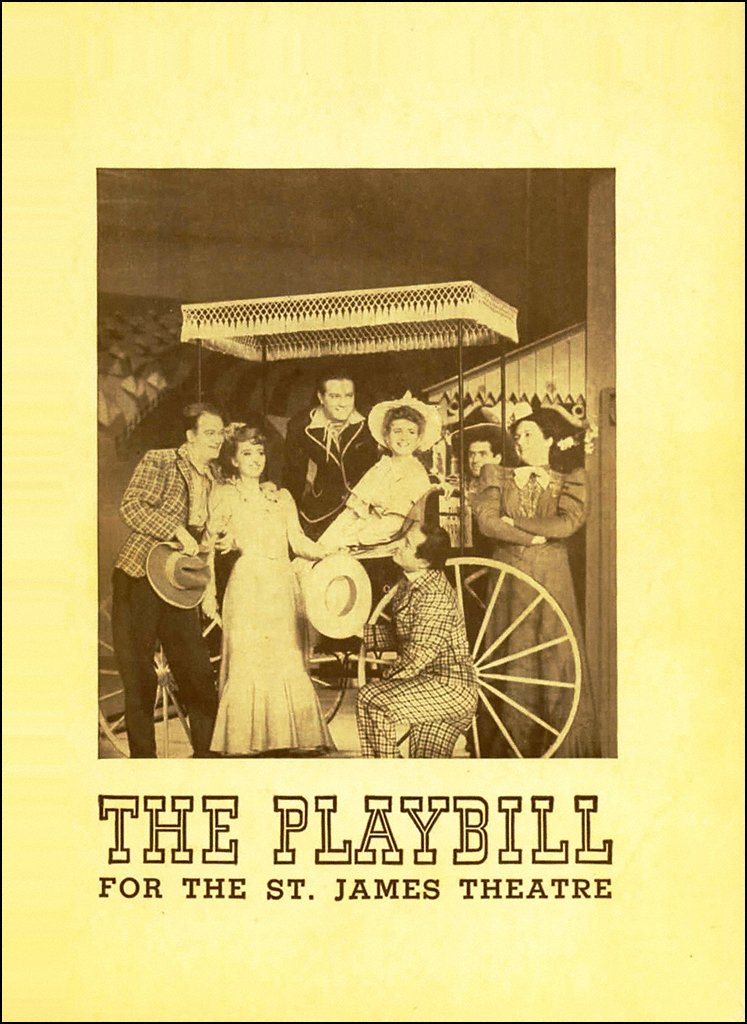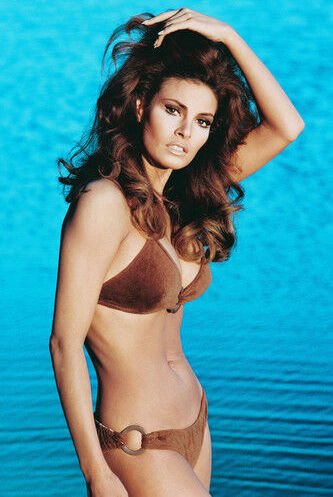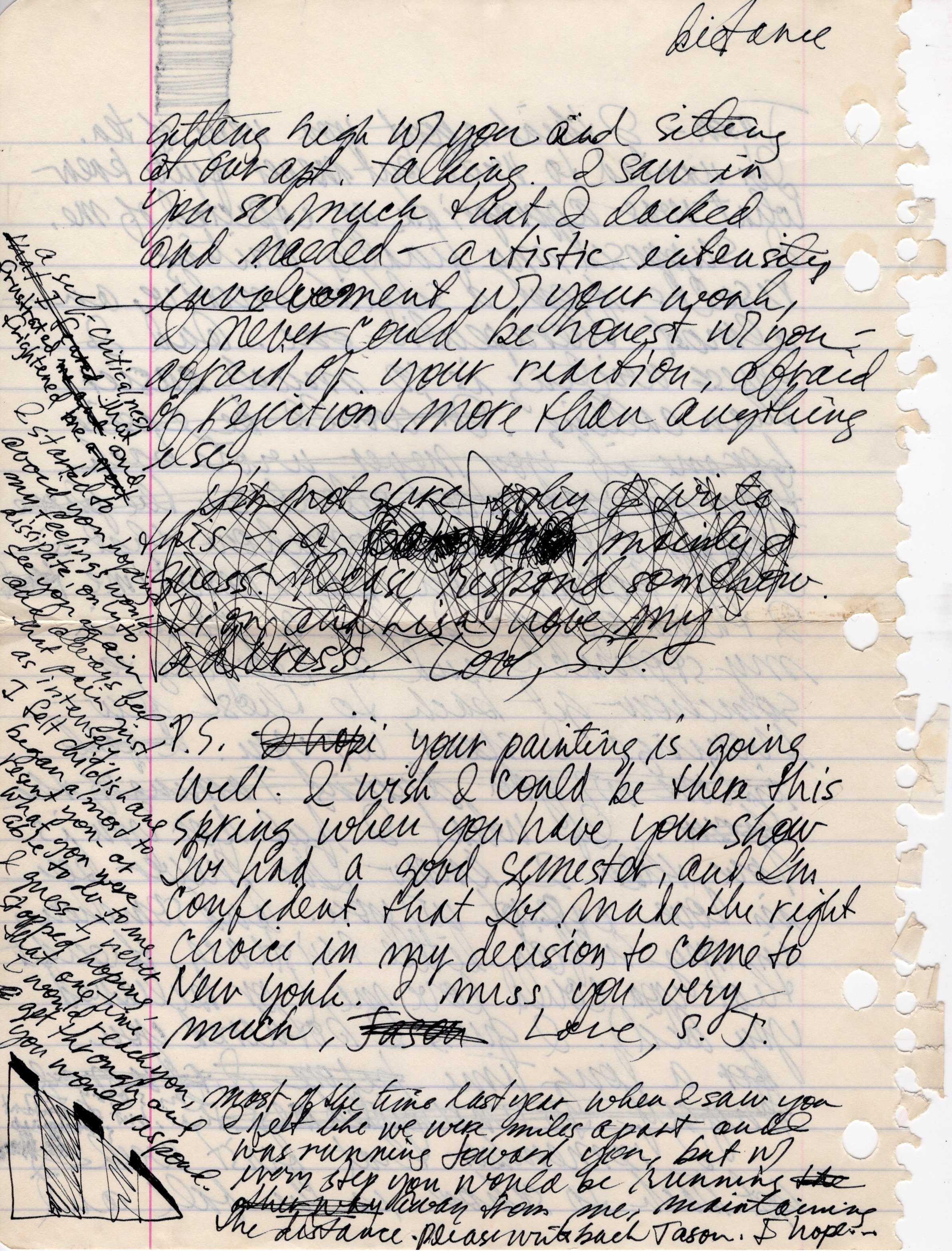Life, Work, the Toilet.
For some reason, every year I believe the story I tell myself in December, the month when everything conspires to keep one from getting anything done, that if I just get through it, January is next, and it’ll be quiet and wide open and productive. But of course January is never wide open; it’s full of all the things one couldn’t get to in December. By which I mean all the things that are not making art and that keep artists from making art.
Last week, I kind of felt like I was getting through the list—re-orienting myself in my book (the scale of it is constantly daunting to me, and after a few days, let alone a month, away from it, it can take days for me to figure out what’s going on), applying for two residencies later in the year, getting the Y’all Xmas record online for streaming (every December I’m reminded that people want it and it’s out of print and unavailable, so this year I vowed to take care of it in January), planning a 10-day Midwest research trip for the spring—and then on Thursday our shower faucet broke, and what was a drip became a steady stream. Whatever sense of equilibrium I thought I had came crashing down, taking my disposition with it.
The maintenance department in our co-op is sometimes helpful, sometimes a clown show, sometimes a Kafkaesque nightmare; this time they wouldn’t touch it, so I watched a bunch of Youtube videos and decided I could fix the faucet myself. But then, with visions seeping into my head of being sued by every resident on the floors below us for flooding their apartments, I chickened out at the last minute. I called a plumber, and five days and a few hundred dollars later our shower works.
I keep saying that being able to write is as much or more an issue of focus and sustained concentration than a simple question of how one fills the 24 hours available in a day. But is it? I know some artists who can use the 20 minutes between a phone call and an errand productively. For me, it’s challenging to get anything done on a day when I have a dentist appointment in the morning and the rest of the day free. There are artists who are crazy driven, have boundless energy and never lose focus, work constantly and fast, and there are artists who are sluggish, tentative, roundabout, fearful. I have my moments in the former category (mostly in collaborative situations), but temperamentally I’m somewhere closer to the latter.
I tend to put everything in two columns: making art and not making art, and often resenting the whole latter category. But the not making art column doesn’t only include plumbing and such; it’s also full of things I want and need in my life: seeing friends, watching a movie with my husband, having my nephew for dinner, getting some exercise, sleeping, that sub-category of things one does to stay healthy physically, emotionally, spiritually.
It’s insanely difficult to discern the line between taking care of yourself and letting yourself off the hook (believe me, I know this). It’s taken years, but I have a glint of self-awareness about it now, and I find myself constantly interrogating my work ethic. Is this moment of just sitting here like a bump on a log a moment of fruitful daydreaming, a moment of opening up my mind to see the problem from a new angle or in a different light? Is this productive? Or am I just fucking lazy and afraid right now? Or do I need to get more exercise so I sleep better and have more energy in the morning?
This morning at 6, Chan flushed the toilet and it didn’t stop flushing. We have tankless toilets in our building. They flush hard and fast so they don’t seem to ever clog, and there’s no tank which is nice when you have a 20 sq. foot bathroom. And I hate toilet tanks. They’re gross. But when our toilet won’t stop flushing, it’s sending gallons of water per second down the sewer. The maintenance office doesn’t open until 8, so our toilet flushed continuously for almost two hours. Needless to say I haven’t done much this morning.


